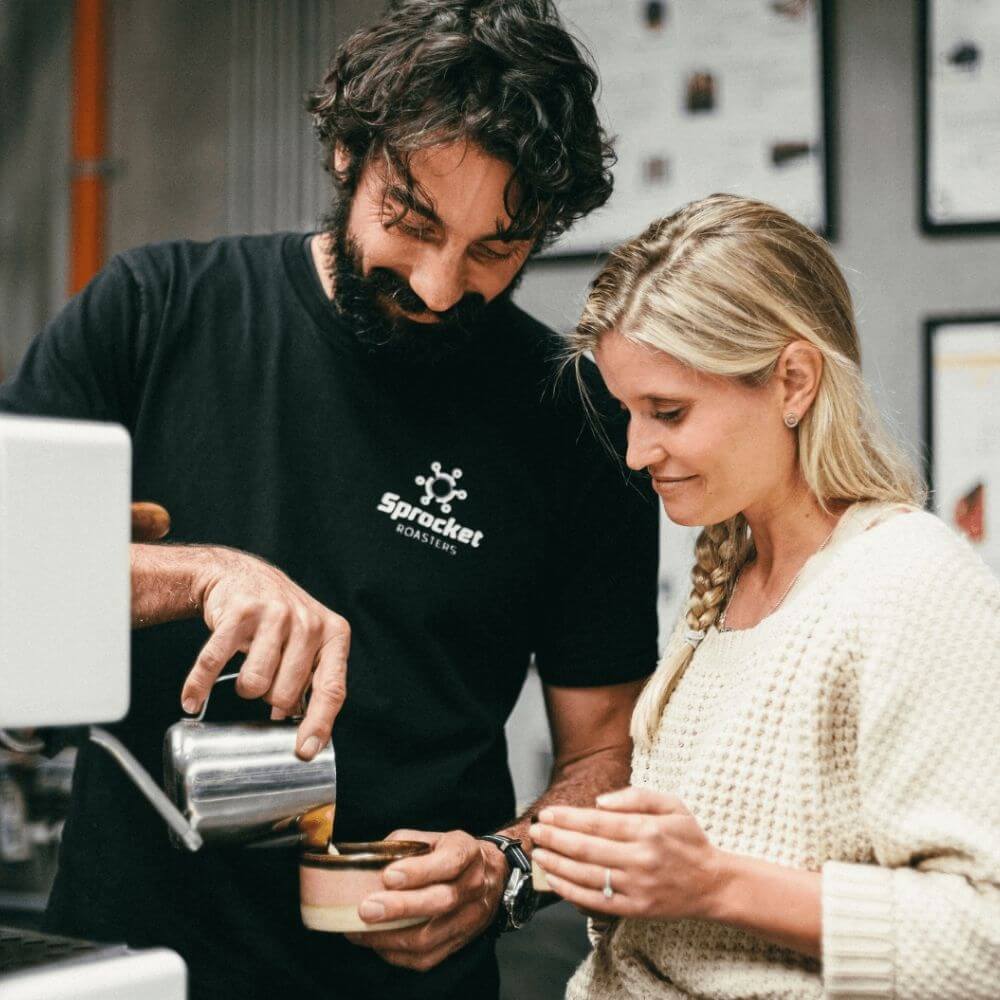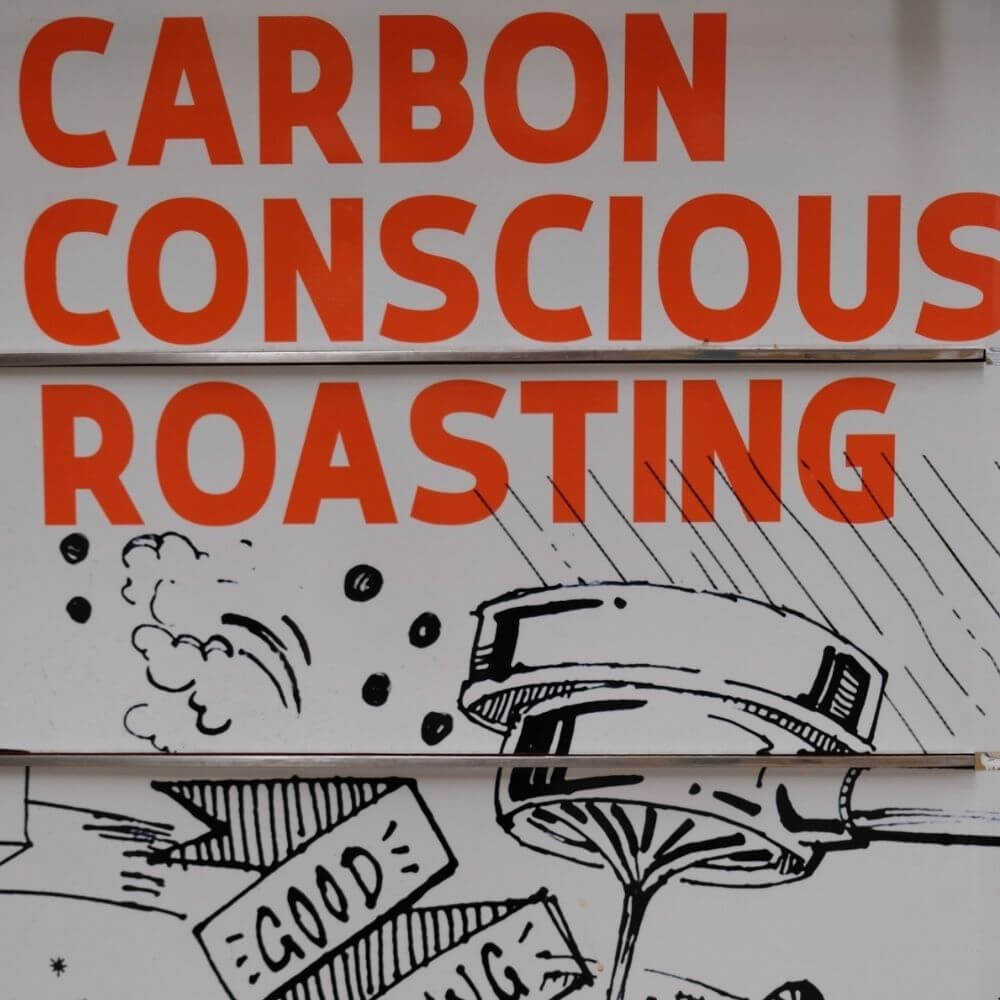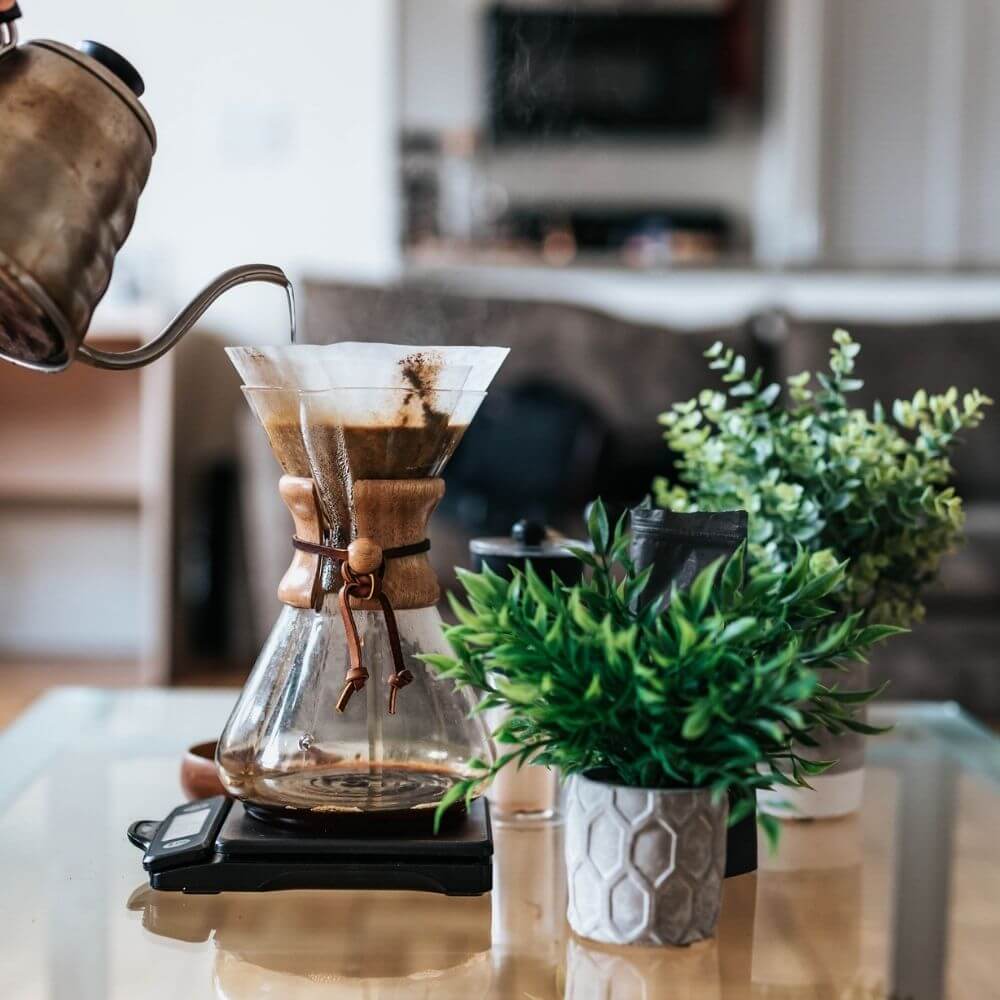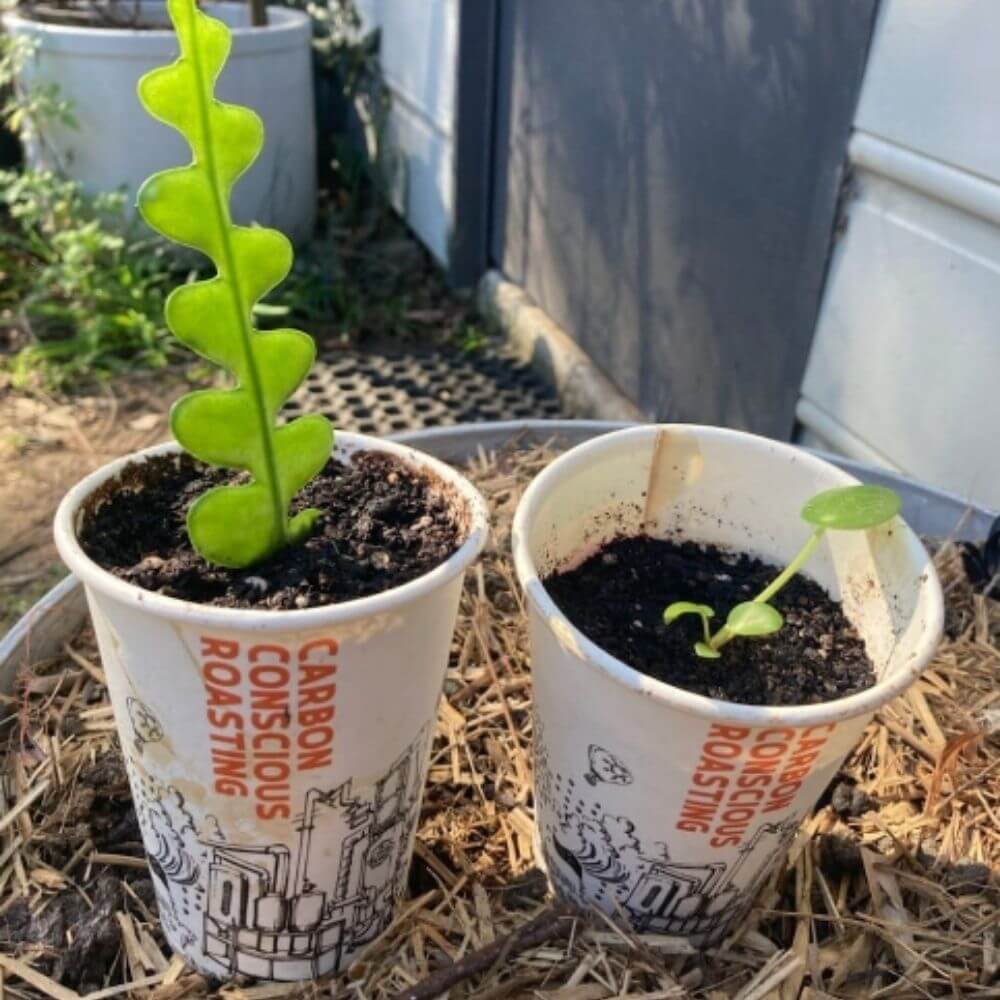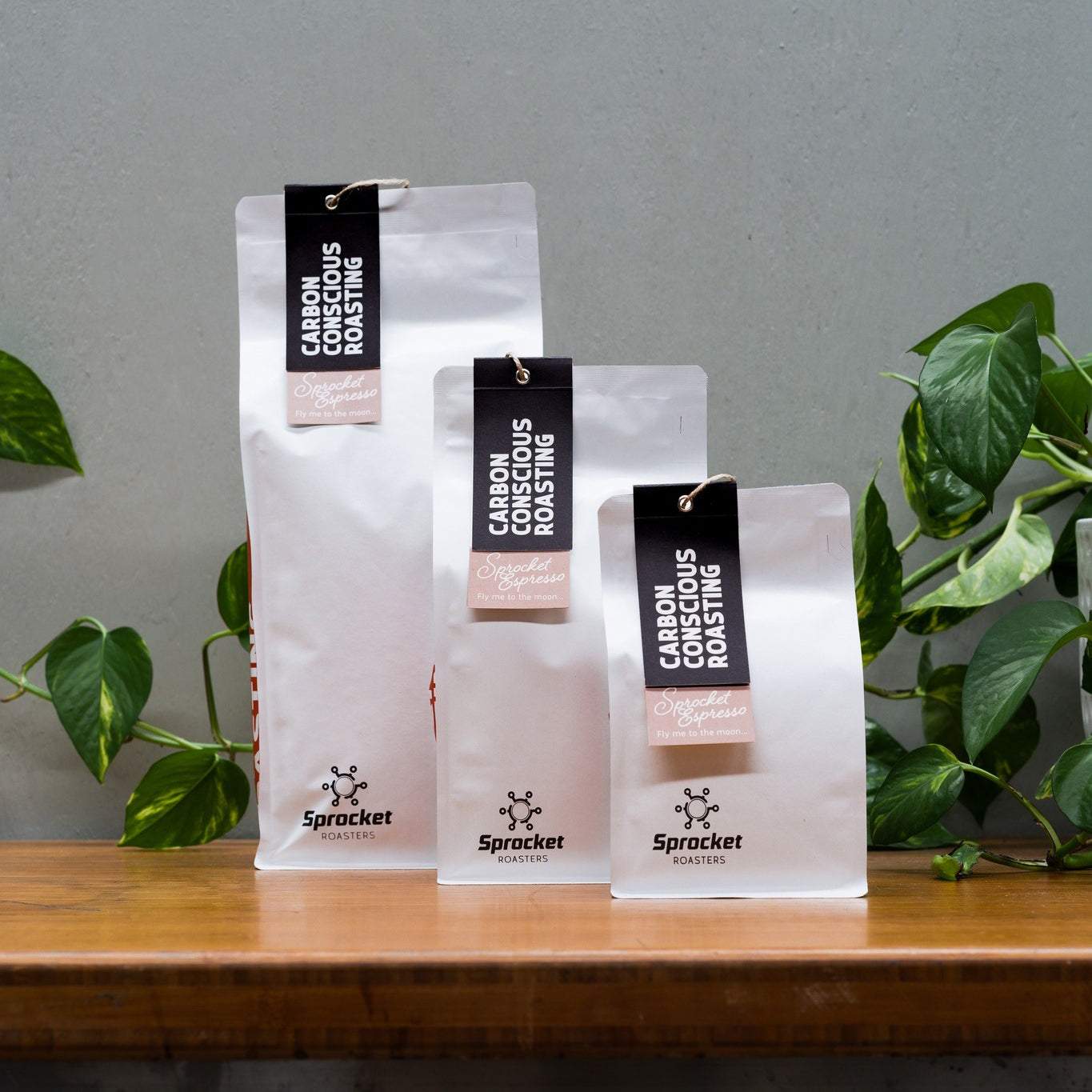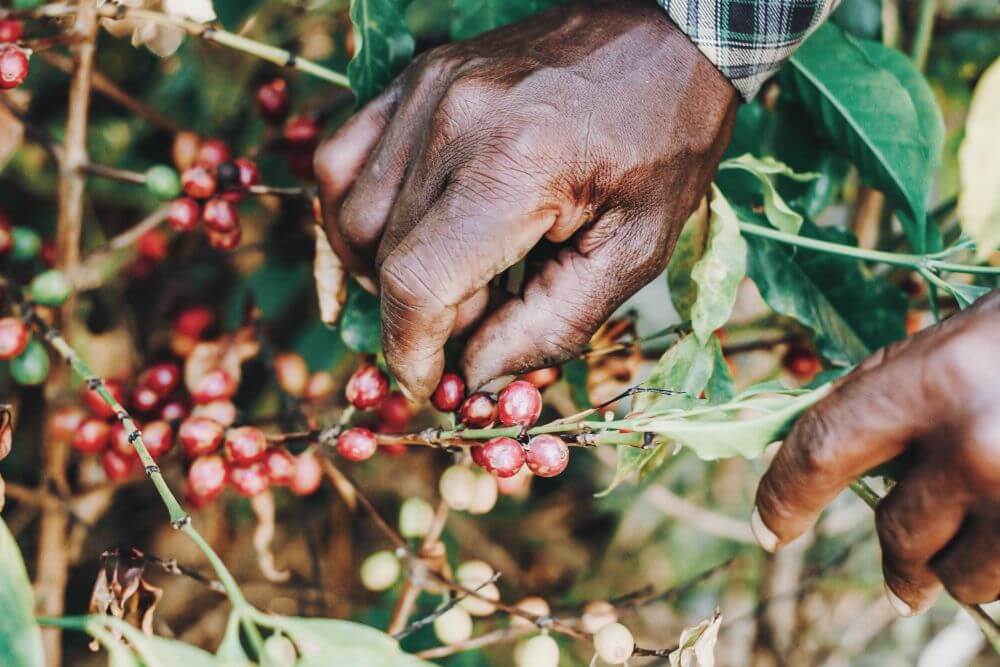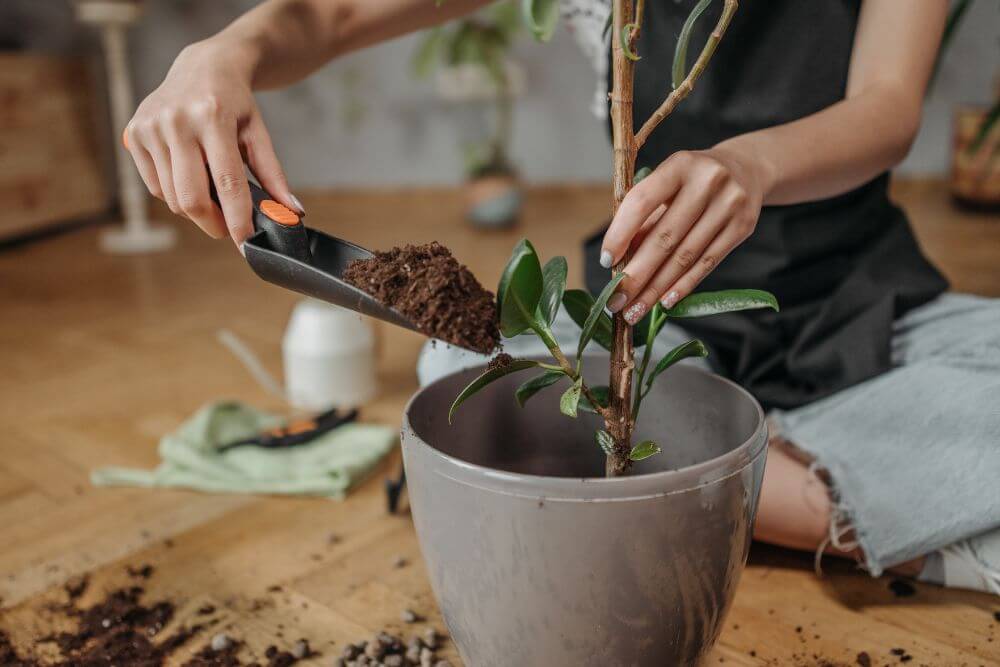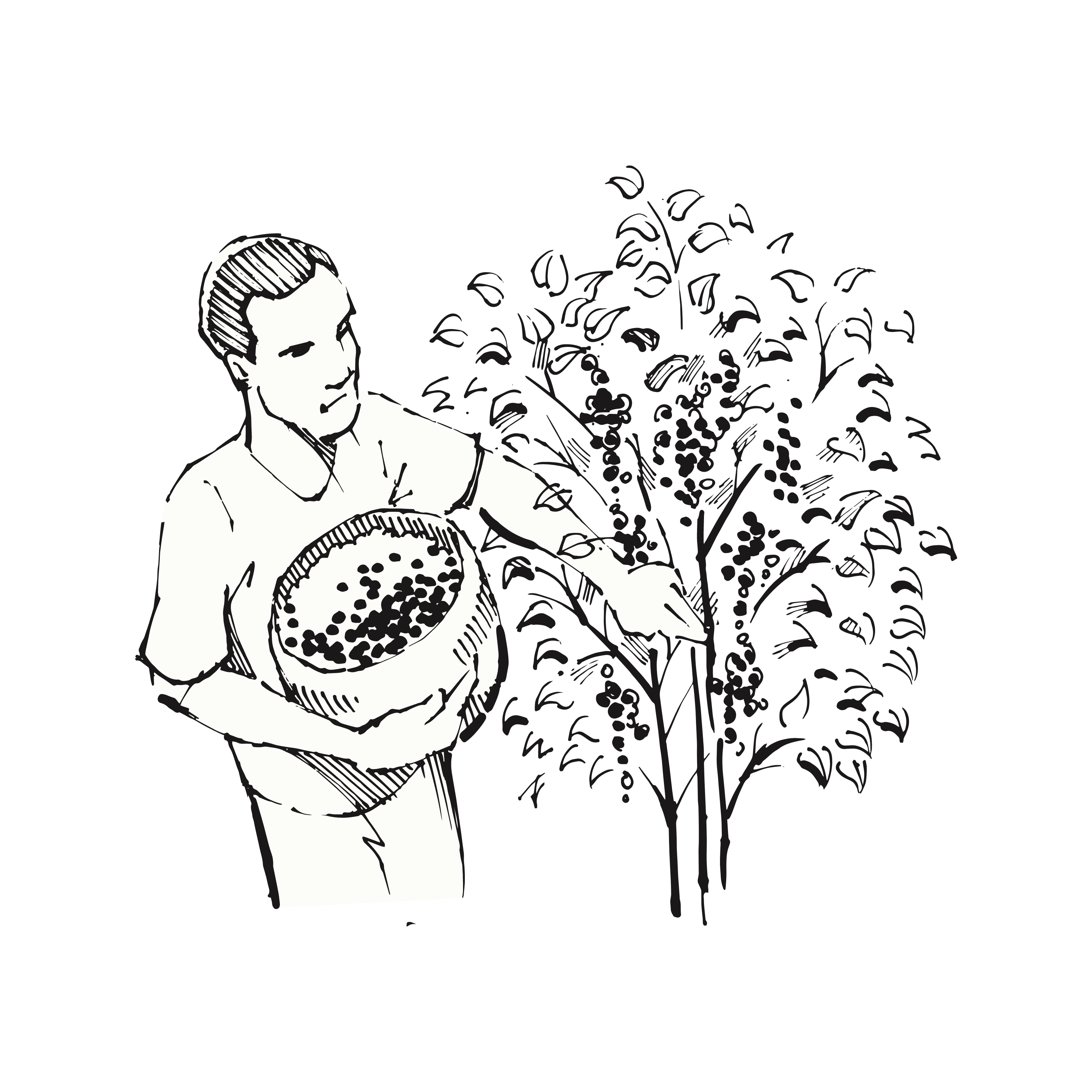Fairtrade coffee tastes great—regularly placing in the top ten in coffee-tasting competitions. For some, however, there is a perception that Fairtrade might be a so-called ‘organic woke brigade’ strategy to push up the price of a coffee (but in reality, is no more or less ethical than so-called 'non-fairtrade coffee’).
Not all Fairtrade coffee is organic, but it is certainly environmentally friendly. Organic coffee focuses on farming practices and the non-use of pesticides and fertilisers. Fairtrade coffee is primarily concerned with human suffering, specifically through eliminating slavery and the exploitation of people in some coffee-producing countries. A significant proportion of Fairtrade coffee is organic because organic-grown beans allow Fairtrade farmers to fetch a premium.
While the focus of Fairtrade coffee is on better conditions and wages for farmers and workers, it fits under the banner of sustainability because its emphasis is on communities and the environment—exploitation of people is usually accompanied by exploitation of the domain. It stands to reason that somebody prepared to exploit people will go to any lengths to make a profit, including harming the environment and damaging ecosystems.
What does Fairtrade coffee stand for?
Fair prices and a fair income
Fairtrade coffee is certified to ensure that farmers receive a minimum price for their product—like a minimum wage—which helps them to support themselves and their families and rewards them for their hard work. It also protects them from market volatility.
Social investment
In addition to minimum prices, Fairtrade cooperatives also receive a premium for every kilo of coffee they sell. The premium is used to invest in their local community, including education, healthcare, clean water, and infrastructure.
Empowering small-scale farmers
Fairtrade primarily supports small-scale farmers and gives them representation in the global market. The cooperative structure behind Fairtrade coffee production means farmers can pool their resources, access better market opportunities, and negotiate from a stronger position.
Environmentally friendly
The standards set by Fairtrade include encouraging sustainable farming practices that don't damage the environment. While they are likely to have organic farming, the latter is primarily concerned with the product itself rather than whether or not it is environmentally friendly or unfair labour conditions.
Long-term relationships
Fairtrade works hard to foster strong relationships between farmers and buyers to ensure stability for the farmers and their communities.
Workers’ rights
Not only are farmers treated fairly, but so are the farmers' workers. These include decent working conditions, fair wages, and respect in employment relationships.
Community focus
Fairtrade-certified coffee encourages investment in the local community and collective decision-making because Fairtrade requires farmers to form cooperatives or democratically organised groups, which helps build community and gives farmers a more significant say in their business—this is in addition to setting standards around gender equality and children's rights.
Fairtrade farmers are also required to invest in their community.
For example, Ethiopian Fairtrade farmers have used some of their money to build schools, clinics and roads, as well as investing in sustainable agricultural practices like planting trees and composting.
Colombian Fairtrade farmers fund scholarships to students from low-income families. As a result, hundreds of students have been able to change their standard of living and that of their families.
In Mexico, Fairtrade farmers built a community-owned coffee processing plant, which created jobs and improved the quality of life for farmers and their communities.
Biodiversity conservation
Fairtrade is beneficial in the fight against climate change because coffee farmers and communities are actively encouraged and educated in conserving the biodiversity in their region, including resisting deforestation, soil erosion and water contamination.
Coffee production is a significant contributor to deforestation because large forest areas are cleared for coffee plantations. One type of coffee plant, sun-grown coffee, is particularly damaging to rainforests because the plants are bred to produce high yields, but they require full sunlight to grow. This means that forests must be cleared to make room for sun-grown coffee plantations.
In the past, coffee was traditionally grown in the shade of other trees and plants. This method of cultivation, known as shade-grown coffee, is much more sustainable than sun-grown coffee because shade grown coffee plants require less water and fertiliser, and they help to protect the soil and wildlife.
Unfortunately, the demand for coffee has increased dramatically in recent decades, leading to a shift from shade-grown to sun-grown coffee production and, as a result, millions of acres of rainforest have been cleared for coffee plantations.
A pivotal way to conserve biodiversity and deforestation is to invest in the people who live in these areas through education, sustainable practices and fair compensation. Fairtrade International encourages its members to use shade-grown coffee farming methods because they are more beneficial to the environment and produce higher quality coffee—shade-grown coffee beans ripen more slowly, which results in a richer flavour.
Choose Fairtrade coffee
Fairtrade coffee ensures a fair wage for an honest day's work and eliminates the exploitation of farmers and workers. It also strives to bring about positive, enduring change — ending deforestation, protecting biodiversity, educating and improving the quality of life for farmers, workers and their communities. By enabling people in their countries of origin where beans are grown, we can help conserve our environment.

